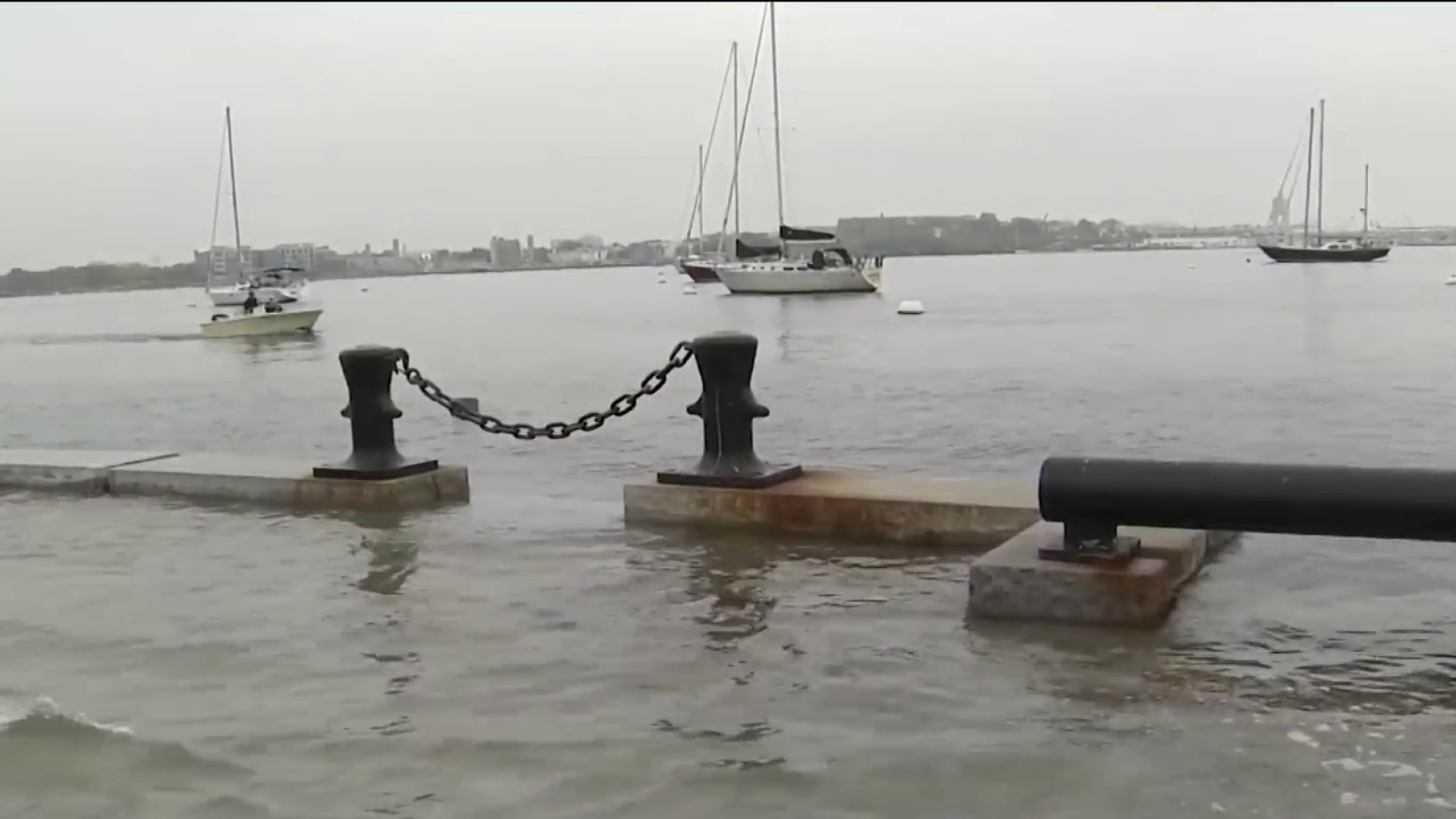Someday in the not-so-distant future, plastic water bottles could be a lot more eco-friendly thanks to two Maine institutions who have decided to team up.
Last week, the University of Maine and Poland Spring Brand 100% Natural Spring Water announced the creation of a partnership to pursue the development of packaging made out of bio-based material.
"Poland Spring is initiating this collaboration with the University of Maine to assess biomaterial technologies that could serve as alternatives to petroleum-derived, non-renewable materials," the company said in a prepared statement.
David Tulauskas, vice president and chief sustainability officer for Nestle Waters North America, the parent company for Poland Spring, called the University of Maine, "the ideal collaborator as we strive for a low-carbon, waste-free future."
The work done at the school's Orono campus would, in an "ideal" setting, result in a chemical or substance derived from a material like sawdust being used to create packaging for water-like bottles, according to Dr. Hemant Pendse, Director of Forest Products Research for UMaine.
However, Pendse says a number of more fundamental questions have to be asked by researchers and students before more sustainable packaging solutions can be found.
"I think we need to go one step at a time," said Pendse, adding that the school must first look at "what kinds of packaging [Poland Spring] is using."
While the hope is for Maine forest products to find their way into packaging as much as possible, there may have to be plant-based or other renewable substances mixed in to make sure the new material meets quality and safety standards.
"It requires certain properties in terms of barriers for air water, oil and grease," Pendse said.
He added an example would be "the sheet of paper that's under your pizza or the pizza box itself, has to appropriate grease resistance."
But overall, the purpose of the new material or materials will be to reduce the use of petroleum-based plastics by Poland Spring.
In its statement, Poland Spring said the company is committed to using 100% recycled plastic for still water products by 2022.
Having another material to help with sustainability will help with that effort, help the environment and, according to Pendse, a positive learning experience for faculty and students at UMaine.
"It's exciting for our students. They will get to participate in the projects where they can see somebody actually cares about what we are working on," he said.



